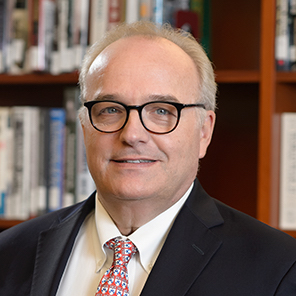
Matt Schifrin and Carter Coudriet of Forbes wrote an article about the financial ratings of private colleges, Dawn of the Dead: For Hundreds of the Nation’s Private Colleges, It’s Merge or Perish. The authors refer to Forbes’ analysis of the finances of 933 private, not-for-profit colleges with 500+ enrollments, stating that the majority of these institutions are in a precarious situation with their high tuition, tuition-dependent financial model, declining overall enrollments, and competitive landscape in higher education. It’s unsurprising that the wealthiest private colleges are doing well and in Forbes’ ratings, score a GPA of 4.5 and an A+ rating. However, the number of schools receiving a GPA of 1.5 or lower and a D has swelled from 110 in 2013 to 177 in 2019. Only 34 schools earned A+’s, with a total of 498 colleges earning C’s, an increase over 434 in 2013.
In addition to the previously cited contributing factors to the financial decline, there is excess capacity in higher education. According to Kevin Coyne of Emory University and Robert Witt of the University of Alabama System, there is a 6.4% excess capacity among public colleges, but a 12.4% excess among private institutions. Interestingly, the smallest privates have an overcapacity of 28%. As president of a very scalable, online institution, I believe that Coyne and Witt have not considered the vastly scalable operations of institutions with large online populations like APUS. Those considerations would certainly expand the overcapacity numbers immensely.
Schifrin and Coudriet note that most college administrators have their proverbial heads in the sand. They quote several former college presidents as stating that these small colleges have business plans that call for growth and never achieve it. Furthermore, the idea that most colleges will merge is not evidenced by actual mergers. Coyne and Witt examined 55 private, not-for-profit closures and most shut down and liquidated their remaining assets, with only 14 entering into a merger agreement.
The recent decision by the National Association of College Admissions Counselors (NACAC) to allow colleges to poach each other’s students will accelerate the demise of the schools with the lowest financial ratings, posit the authors. Very few colleges have been able to swim upstream and improve their ratings this year, and that’s either a sign of a declining sector or a business model that no longer works.











